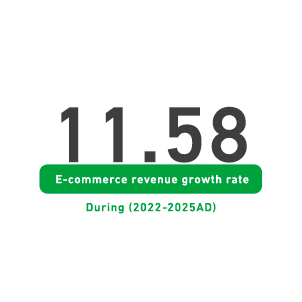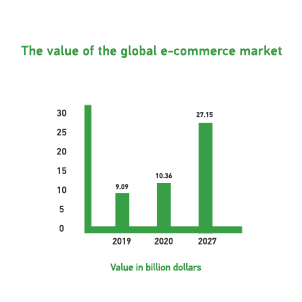Mashroo3k Consulting Company presents a comprehensive feasibility study for a laundry application project that facilitates communication between customers and laundries in the specified area.

The electronic laundry service sector is characterized by continuous and rapid growth, allowing the laundry app to reach a larger number of customers in different locations in a shorter time, by offering pickup, delivery, and coordination services with laundries in various areas.
The laundry app facilitates communication between the laundry management and customers, offering various payment options, either in cash or via remote credit card payments.
The laundry app project aims to meet the needs of diverse customer segments and increase demand for laundry services through special offers and discounts provided by the app.



Compatible with all smartphones (Android & iOS).
The control panel is available in both Arabic and English.
The application interfaces are designed in a user-friendly and distinctive style.
Easy to add or block new customers via their phone number.
Providing the option to receive service fees in cash or via electronic payment (MasterCard or Visa).
Receiving complaints and responding to customer messages.
Announcing new services by sending group notifications to customers.
Access to customer ratings for each service and the employee who performed it.
Ability to chat with customers in writing.
Guaranteed protection against vandalism or hacking as it is equipped with the strongest security and protection measures.
Technical support service available 24/7.
Let me know if you need anything else!
Executive summary
Study project services/products
Market Size Analysis.
Risk Assessment.

An Overview of E-commerce Statistics in the Gulf Cooperation Council (GCC) Countries:
In 2015, e-commerce contributed approximately 0.4% to the total GDP of the GCC countries, amounting to $5.3 billion.
In 2020, with the developments caused by the COVID-19 pandemic on the global economy, the e-commerce market in the GCC countries became one of the fastest-growing markets globally, with a growth rate exceeding 35%. The size of this market was estimated at $24 billion, up from the previous expectations of $21.6 billion.
Here’s a detailed view of the e-commerce market size in the GCC countries over the last five years:
Global reports predict that e-commerce in the GCC countries will grow at a faster pace during 2020-2022 at a rate of 20%, with an anticipated growth rate of 14% by 2025. Without COVID-19 and its effects, the growth rates would have been as follows: 14% and 10%, respectively.
The average percentage of households purchasing goods online increased from 2% to more than 8%. This rate in advanced countries like the United States, South Korea, and Germany ranges from 16% to 25%. However, indicators expect the GCC countries’ rate to approach global rates.
The number of electronic visits to popular shopping sites increased by 50% in 2020 compared to 2015, with the number of visitors reaching 21 million, up from just 3 million.
Recently, e-commerce platforms and apps have tripled in number compared to 2015.
The time spent by users on websites such as Amazon, Namshi, and Noon has increased, with the average time spent daily ranging from 9 to 12 minutes, and the number of pages visited ranging from 7 to 8 pages.
Food delivery and grocery services are among the fastest-growing activities in e-commerce, with a growth rate of 20%. Today, their market size in the GCC is $3 billion.
Fashion and beauty activities represent a major investment opportunity in this field, with a growth rate of 18%, and their market size today exceeds $5 billion in the GCC countries.
Here’s a detailed look at the expected growth of the e-commerce market in the GCC countries over the next five years:
60% of millennials shop online.
By 2025, the e-commerce market in the GCC is expected to reach $50 billion.
Millennials represent more than 45% of the population in the GCC countries, making the e-commerce market in this region a promising one.
